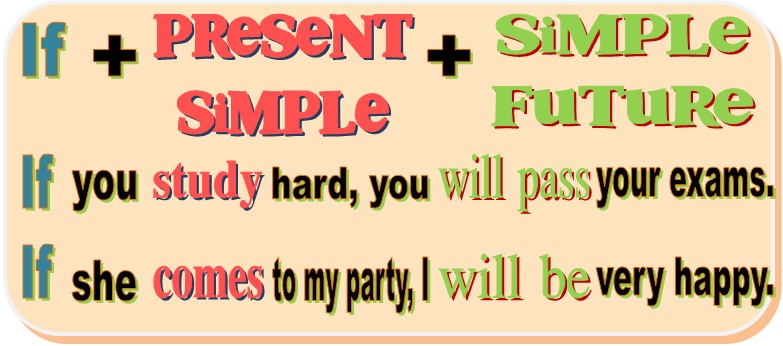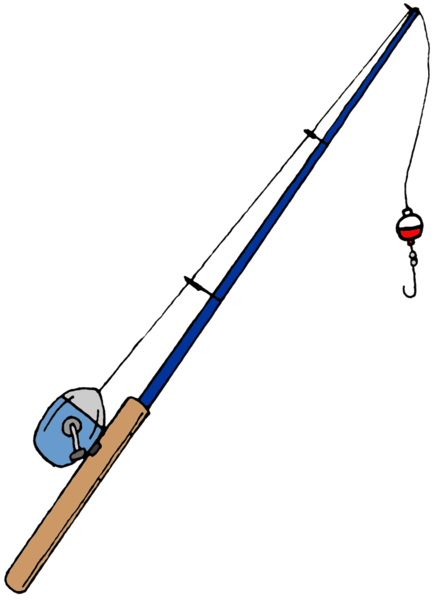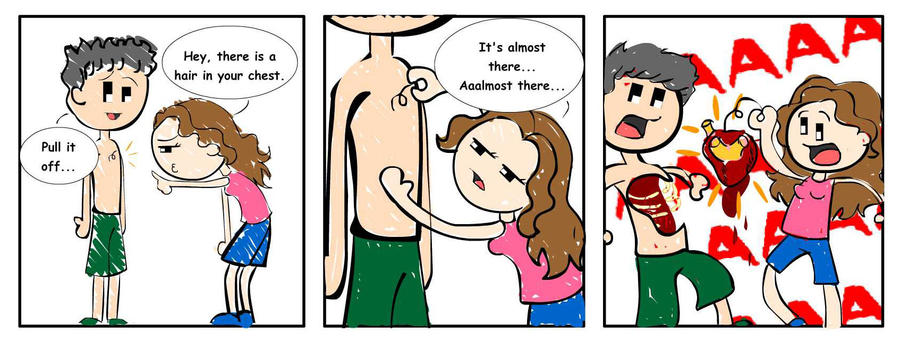Unit 6 teaches us how to use reported speech. What is reporting? let's have a look!
Prezi explaining what is reported speech
Ok this prezi teaches more than we need to know in year 6.
So, this is what we must know in unit 6:
Quote Report
Direct Indirect
"........" No "...."
Fer said: "It's my birthday!" Fer said it was his birthday.
Verbs
Mr T: "......." Mr T said that someone .........
Present Simple Aff: (
go)
Past (
went)
Neg (
don't go) Didn't + infinitive (
didn't go)
Present continuous Aff (
am going) Past continuous (
was going)
Neg (
am not going) (
wasn't going)
Can (can go) Could (could go)
Can't (can't go) Couldn't (couldn't go)
Will (will go) Would(would go)
Won't (won't go) Wouldn't (wouldn't go)
Possessive adjectives
My, your his, her, its
Our, your (plural) their
Remember: The report always has two subjects:
Marta: "Daniel is my brother" Marta said Daniel was her brother.
or She said he was her brother.
Juego avanzado para los que quieran practicar otros verbos que no sean Say o tell.
(se tendrá en cuenta para la nota del trimestre si usáis estos verbo, so go 4 it!) Os hará falta diccionario.
Remember in
unit 3 we reported orders with ask and tell:
Quote Report
Direct Indirect
"........" No "...."
The captain ordered: "Clean the ship!" The captain told us
to clean the ship.
The captain ordered: "Don't fall asleep!" The captain told us
not to clean the ship
Verbs
Imperative:"Go!"
to go
Negative imperative: "Don't go!"
not to go
My, your his, her, its
Our, your (plural) their
We can use tell to report statements, not only orders. But, we have to use it with an object pronoun:
The captain: "I like swimming" The captain told us he liked swimming.
The captain said he liked swimming
The captain said to us that he liked swimming
For advanced players:
- Past continuous – changes to past perfect continuous
- Present perfect – changes to past perfect
- Past perfect – remains past perfect
- Past perfect continuous – remains the same
- Will – changes to would
- Can – changes to could
- Have to – changes to had to
So let's report these comic strips











